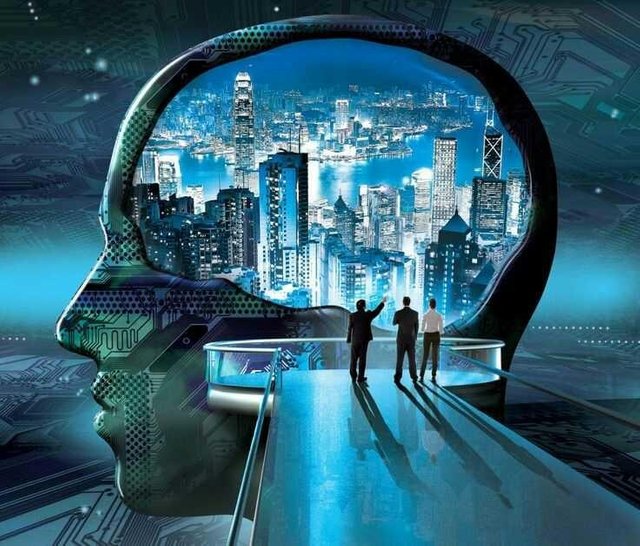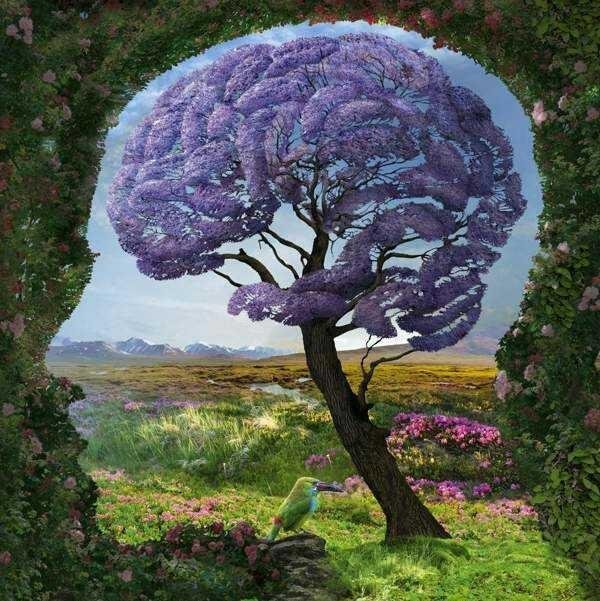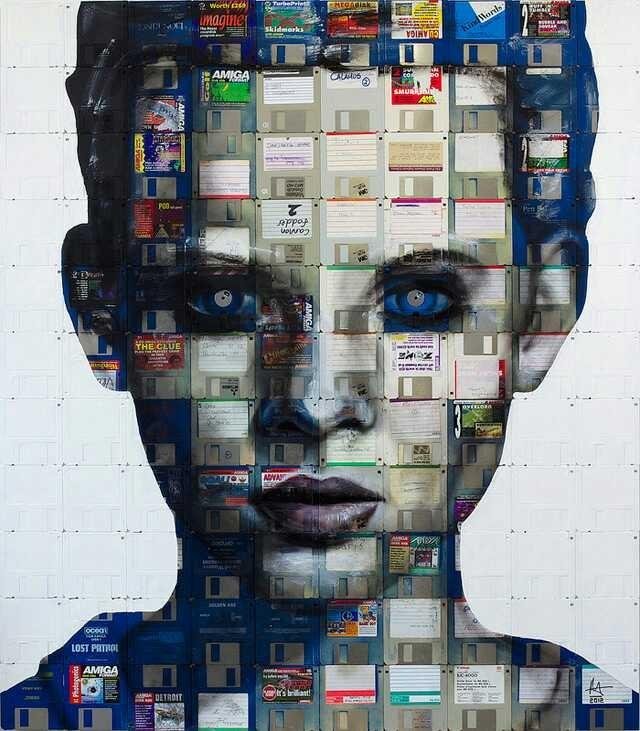Provocative ideas
There is an excellent correlation between giving society what it wants and making money, and almost no correlation between the desire to make money and how much money one makes.

Up to the Twentieth Century, reality was everything humans could touch, smell, see, and hear. Since the initial publication of the chart of the electromagnetic spectrum, humans have learned that what they can touch, smell, see, and hear is less than one-millionth of reality. Ninety-nine percent of all that is going to affect our tomorrows is being developed by humans using instruments and working in ranges of reality that are nonhumanly sensible.

Failure to recognize thoughts for what they are - quantum bursts of psychic energy that exist solely in your head - is the primordial human error. 
What if there were no longer enough jobs to support society?
One of the big fears of technological advancement is the displacement of workers. If humans create machines capable of replacing most jobs, a lot of people will end up out of work.
Yet history has shown that employment is not a zero sum game. Technology can displace a massive number of workers while simultaneously producing new opportunities. Less than 200 years ago over 80% of the employable population held jobs in agriculture. Thanks to technology and a lot of human ingenuity, that number has been reduced to well under 5%..
The Value of Efficiency
This is a good thing, not because displacing workers is favorable, but because making any process more efficient is a win for society. It is this reason why you can walk into a grocery market with a few bucks in hand and find more than enough options to feed yourself for the day.
But we forget, because we're not after mere nourishment ~ that's beneath most of us. We buy items based on flavor, and thus, a few bucks doesn't cut it.
Consider what it would take for you to produce some of the meals you regularly eat on a farm of your own.
How many hours (more likely days) would it take for you to produce even a crappy version of eggs, bacon, toast, and orange juice.
Make no mistake, technology will replace jobs. This is something that has continually occurred for centuries, and history has proven that not only should you be happy about it, but that you overlook how grateful you ought to be.
Why? Because technology makes things more efficient, and that efficiency vastly improves the average quality of life for everyone, even those that lose jobs in the short term.
What if it's Different This Time?
As the saying goes, past performance is not necessarily indicative of future results. What if technology really does eliminate the need for enough jobs for everyone. Suppose we're all fighting for a much smaller portion of working hours. What then?
Perhaps we're not asking the right questions.
If you knew that you'd earn a little less money in the future, but you'd only have to work 50% as much, would that necessarily be so problematic?
Stretch it out a little further. If you knew that you could maintain close to the same quality of life while having to work only 1 hour a week instead of 40, wouldn't you jump at the chance?
Maybe the right question should be what we're aiming for as a society.
Why is Employment even the Goal?
The folly is trying to measure everything by a static definition of what is "good". If your income dropped 10% but everything you buy gets 20% cheaper, this is a good thing - but not if you judge by income alone.
Until the early 1900s, the 8 hour workday was not the norm. The average workers put in 12-14 hour days to make ends meet, and often worked 6 or 7 days of the week.
You're asked to do a lot less today just to be average.
But let's be honest. You don't compare yourself to people in history, you compare to those around you, so these benefits go completely unseen.
Objectives
Our standards change with the technology we build. Why is working an 8 hour/day job so vital?
We're so obsessed with trying to ensure that everyone can find employment that maybe we're shortchanging ourselves. What's really important in the big picture?
The most important thing is time. We want as much time as possible to do the things we love doing.
Maybe we should be aiming to maintain the same quality of life by having everyone work 4 hours a day, or even less. That seems to be a much better goal than ensuring everyone is working 40 hours a week.
But that would require embracing technology in lieu of the possibly of job losses, something not everyone is ready to do.
